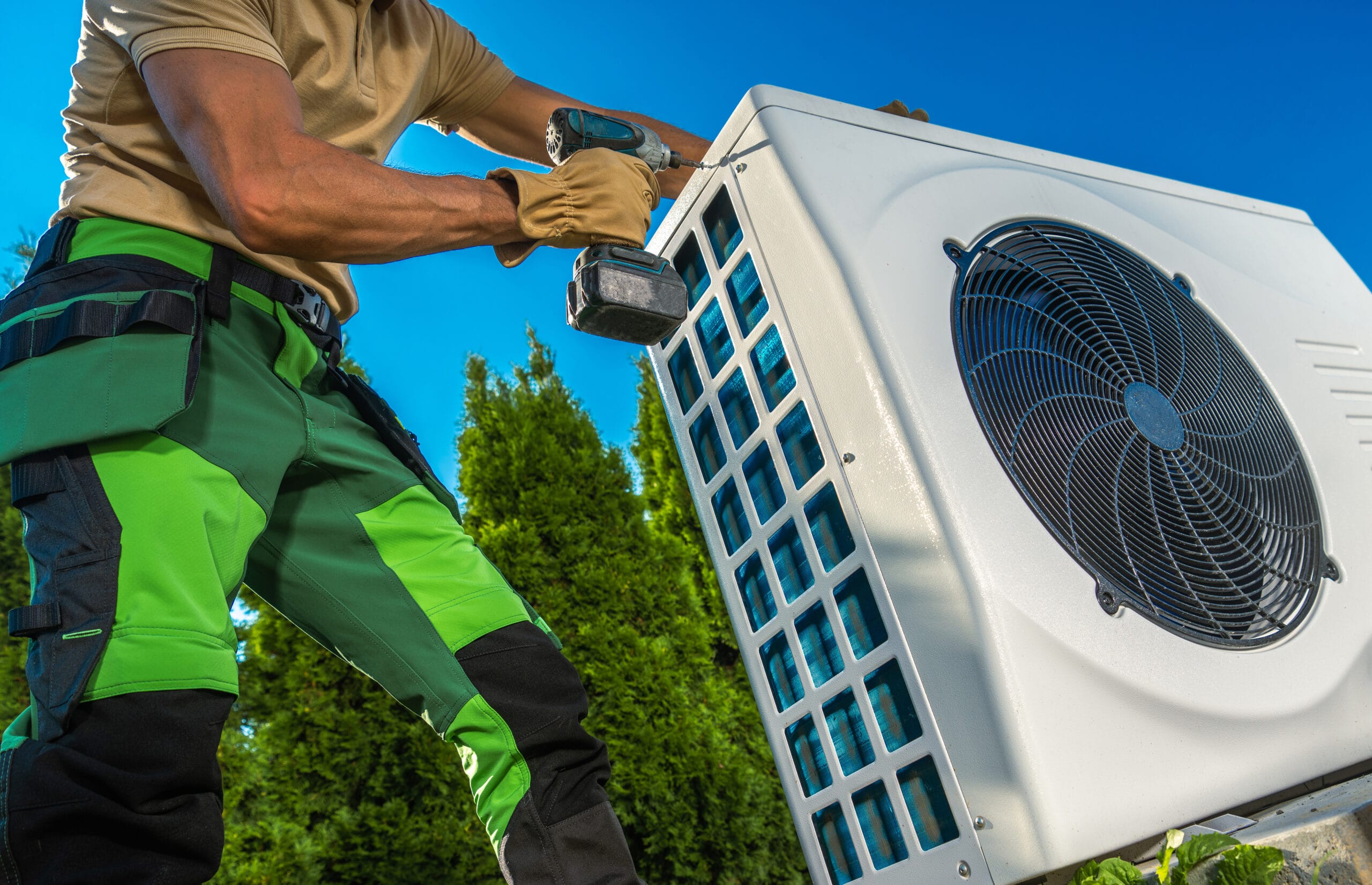
Heat pumps are the future of UK home heating
The UK heat pump market is experiencing unprecedented growth, spurred on by government incentives, technological advancements and an increasing awareness of the need for sustainable heating solutions.
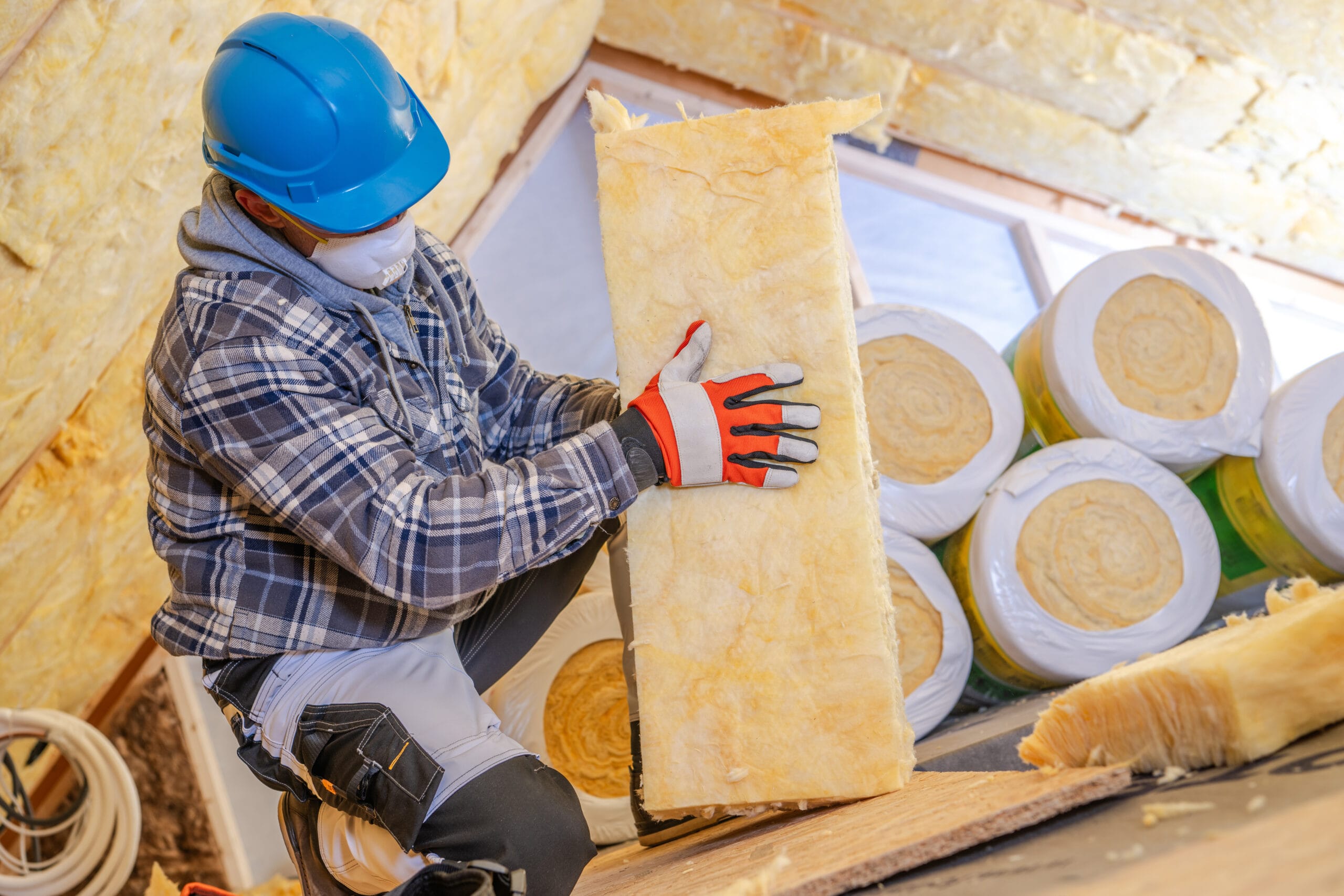
What is the Warm Homes Plan?
The UK government’s £3.4bn Warm Homes Plan is intended to transform home heating, making it cleaner, more affordable and more energy-efficient, helping to lift over one million households out of fuel poverty.

Are gas boilers still compliant with Building Regulations?
Whether gas boiler systems are still compliant is one of the most common questions we are asked, and no wonder, when it seems nobody is quite sure what the path to Net Zero looks like in terms of central heating systems – including the Government and manufacturers.

Part O Building Regulations: how it’s working in practice
Part O of the Building Regulations came into force on 15 June 2022, with the aim of ensuring that new-build dwellings can meet the future challenges of higher summer temperatures without reliance on mechanical cooling systems.

PV battery systems: use more free energy
PV battery storage seems to be surging in popularity as it has finally become properly viable for domestic customers, thanks to the reduction in capital cost and simultaneous increase in energy prices. The availability of PV battery options also looks to have nudged more homeowners into installing PV systems.

District heating: the next generation
District heating isn’t really a new concept, but we have come a long way since the inefficient communal heating systems of the 1960s and 1970s. A new breed of district heating schemes looks to lower energy use through high-efficiency centralised plant, well-insulated pipework distribution, and heat metering for each dwelling or commercial unit.

Lower heating overnight: better health, reduced energy bills
Lowering your home’s heating overnight will not only reduce your energy bills, it can improve your health, too – so you can feel doubly positive about turning the thermostat down a degree or two. The biggest impact that lowering your heating overnight can have is on your quality of sleep – which of course is central to health.

Solar battery storage: use more of the energy your PV array generates
Solar battery storage is getting increased attention at the moment, as energy – because of its rapidly increasing cost and its sourcing challenges – is hitting the headlines for all the wrong reasons. Businesses and householders are looking for ways to reduce their reliance on energy companies, reduce their grid-bought electricity therefore reducing their bills, and get the most out of their solar photovoltaic arrays.

Part O compliance to mitigate overheating
Part O couldn’t have been more timely. With this month’s record-breaking temperatures and the first ever Red warning about extreme heat issued by the Met Office, overheating mitigation is front of mind for many people. As temperatures increase due to global warming, we are finding that our UK housing stock simply isn’t prepared for hotter climes. However, simple measures such as limiting window size and using shutters – just as you see in the architecture of countries with higher summer temperatures – can help us to maintain safe internal temperatures.

Part S Building Regulations: EV charge points
Part S of the Building Regulations, covering the infrastructure for the charging of electric vehicles (EVs), is a new piece of legislation which takes effect on 15th June 2022. It does not apply to work subject to a building notice, full plans application or initial notice submitted before that date, provided the work is started on site before 15th June 2023 – although we have been seeing plenty of schemes already incorporating charging points, either due to planning conditions or demand from purchasers.

Part L changes: the December 2021 uplift in standards
The latest Part L changes were released on 15th December 2021, so you’d be forgiven for perhaps not yet being quite aware of all the ins and outs of this latest uplift in Building Regulations standards – just before Christmas is certainly not the easiest time to assimilate such essential new knowledge!
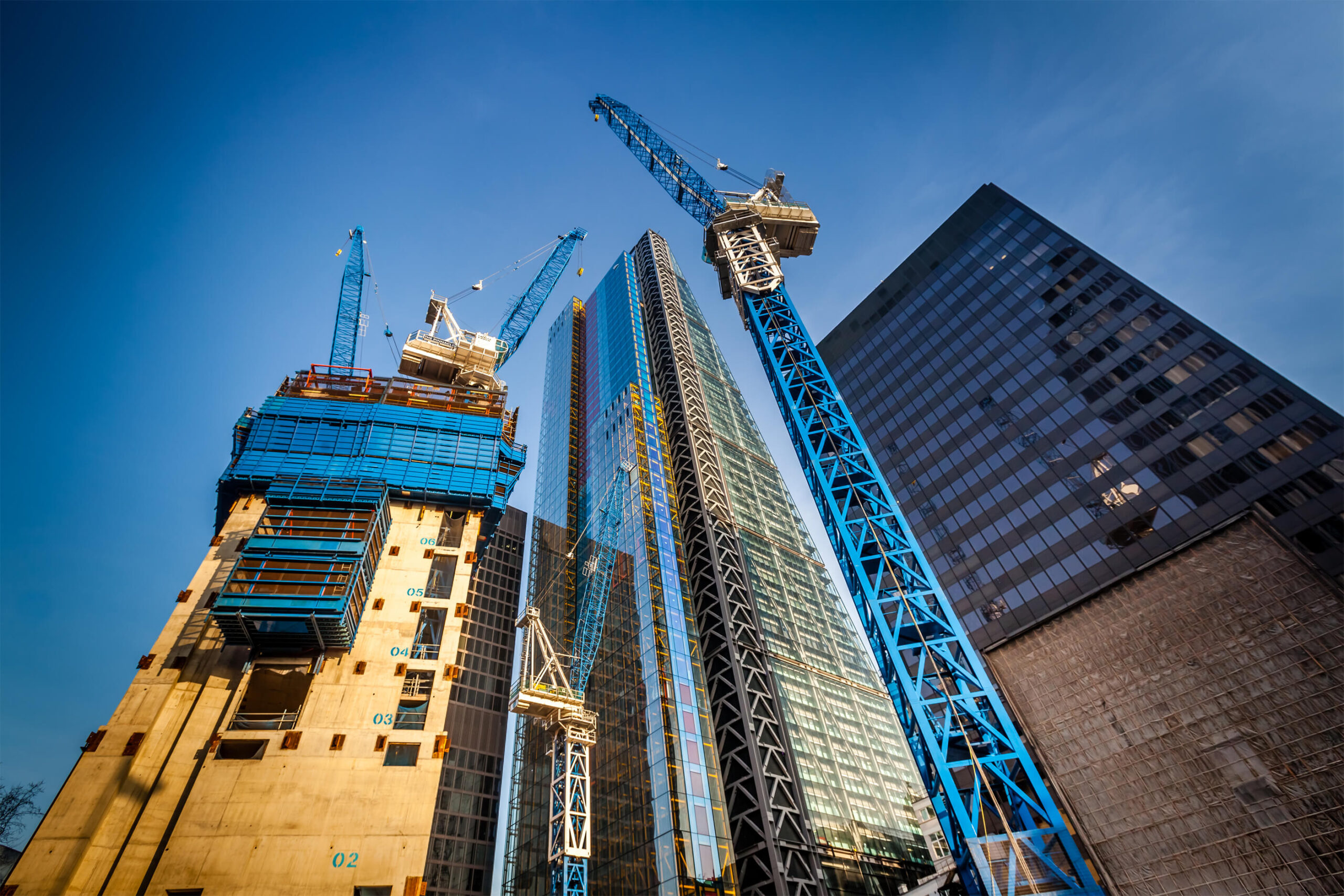
More stringent energy efficiency requirements in The London Plan
The latest version of The London Plan was published in March this year by the Greater London Authority. Among the various updates designed to shape the way the capital evolves, and improve life for both Londoners and visitors, were some key changes to energy efficiency requirements.

Thermal comfort in the office: top tips for wellbeing and productivity
Thermal comfort isn’t currently a hot topic, if you’ll pardon the pun. Keeping cool in the office might not seem important right now, as we’ve had a very wet month that’s apparently been the coldest May in 25 years.
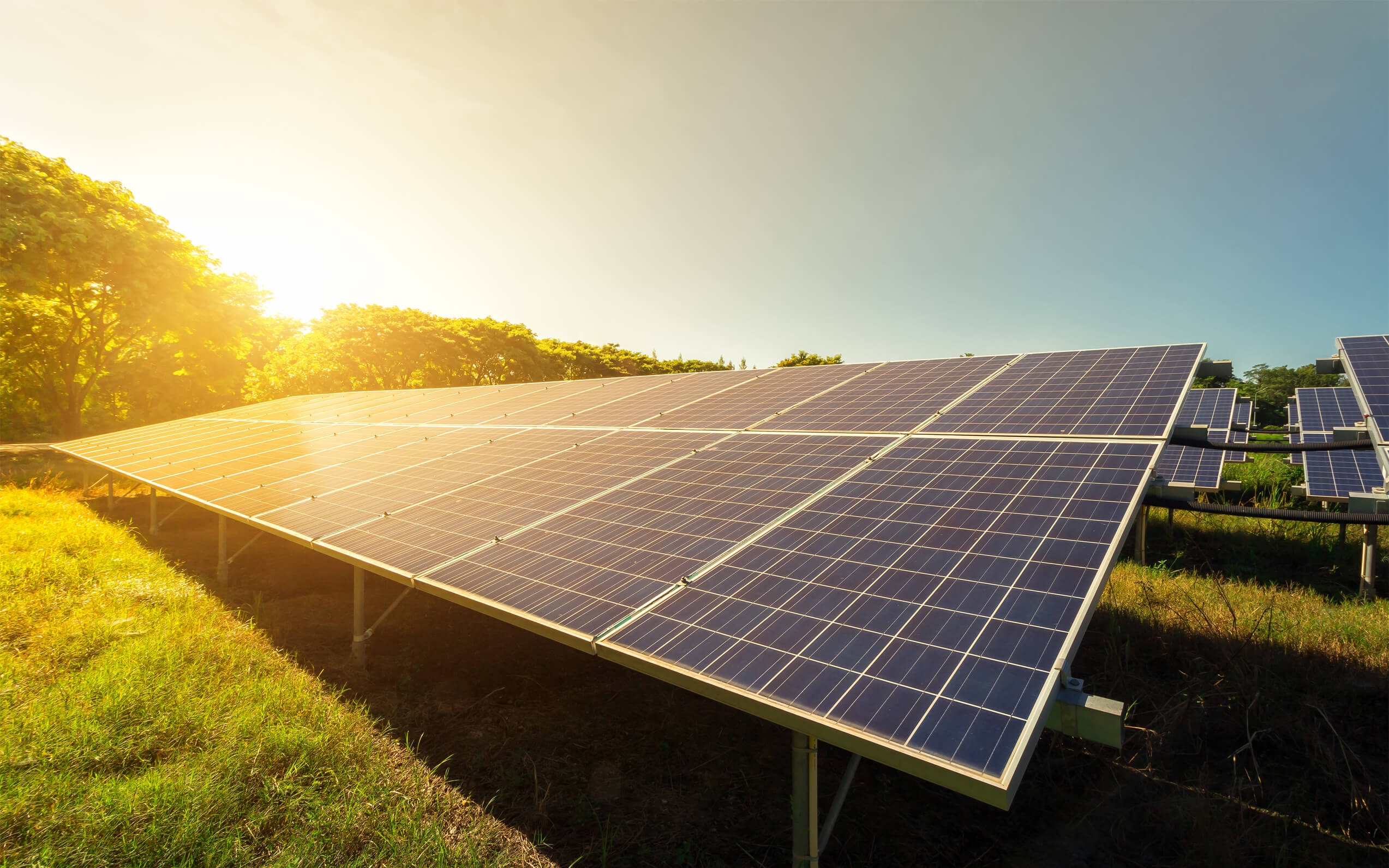
Off-grid developments: making the right alternative energy choices
Totally off-grid developments aren’t all that common in the UK – at least, not when it comes to the plots that people want to build on. There are actually relatively few areas that aren’t inhabited to the level that means mains electricity is available, though there are more places without access to the mains gas network, which doesn’t have the same coverage, especially in rural Britain.
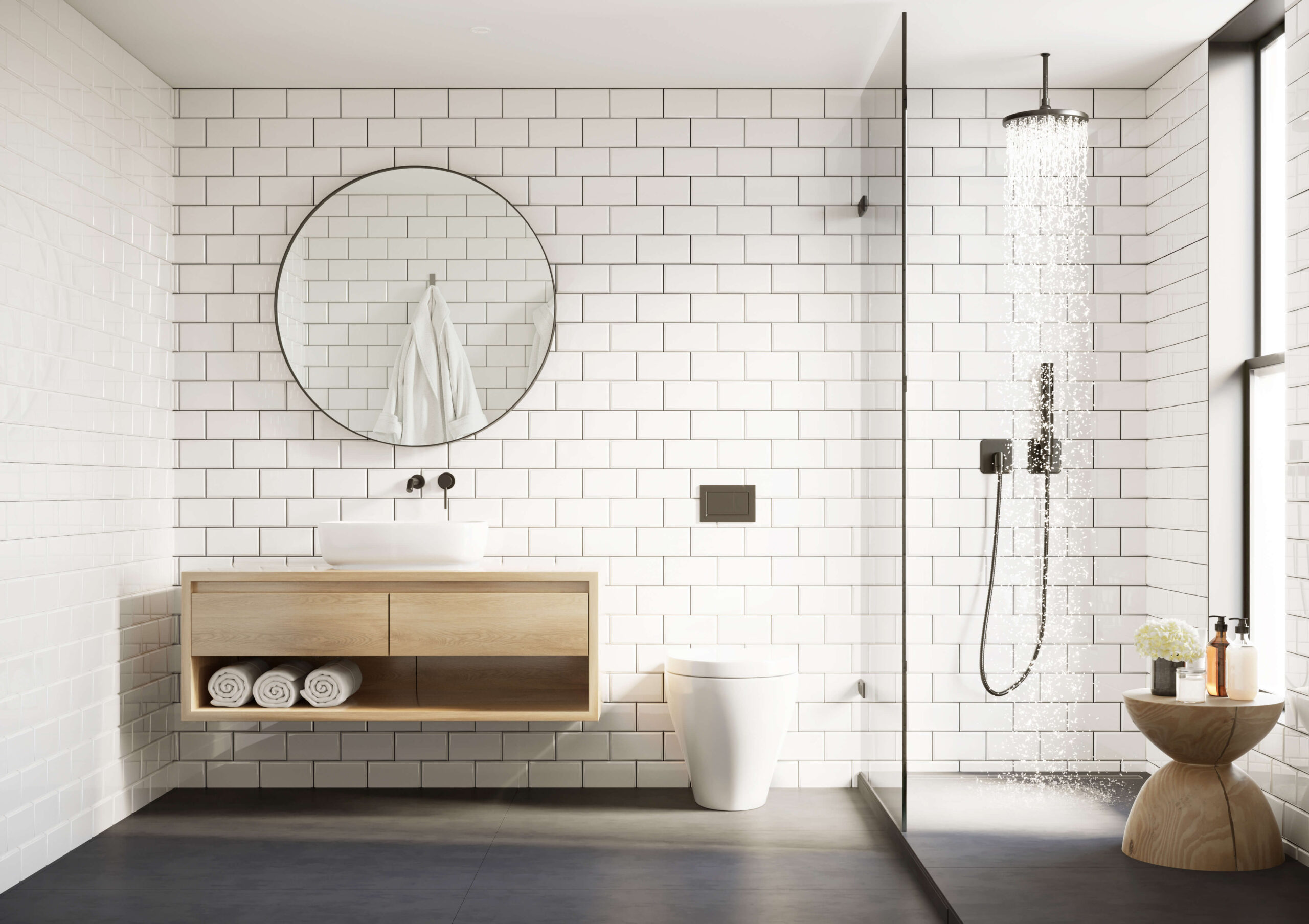
Sustainable waste water: heat recovery and grey water recycling
Sustainable approaches to waste water aren’t just for self-build eco-homes lived in by people determined to lighten their impact on our planet – they can also be a means of helping to achieve Planning Permission and Building Regulations compliance in standard dwellings.

Comfort levels for our new normal
Comfort levels. They’ve always been a consideration when designing and building both domestic and commercial buildings – and Building Regulations help by mandating certain standards – but one might argue that comfort levels haven’t always been given the consideration that they should be afforded. As a result, a proportion of the UK’s building stock isn’t really very comfortable to live in.
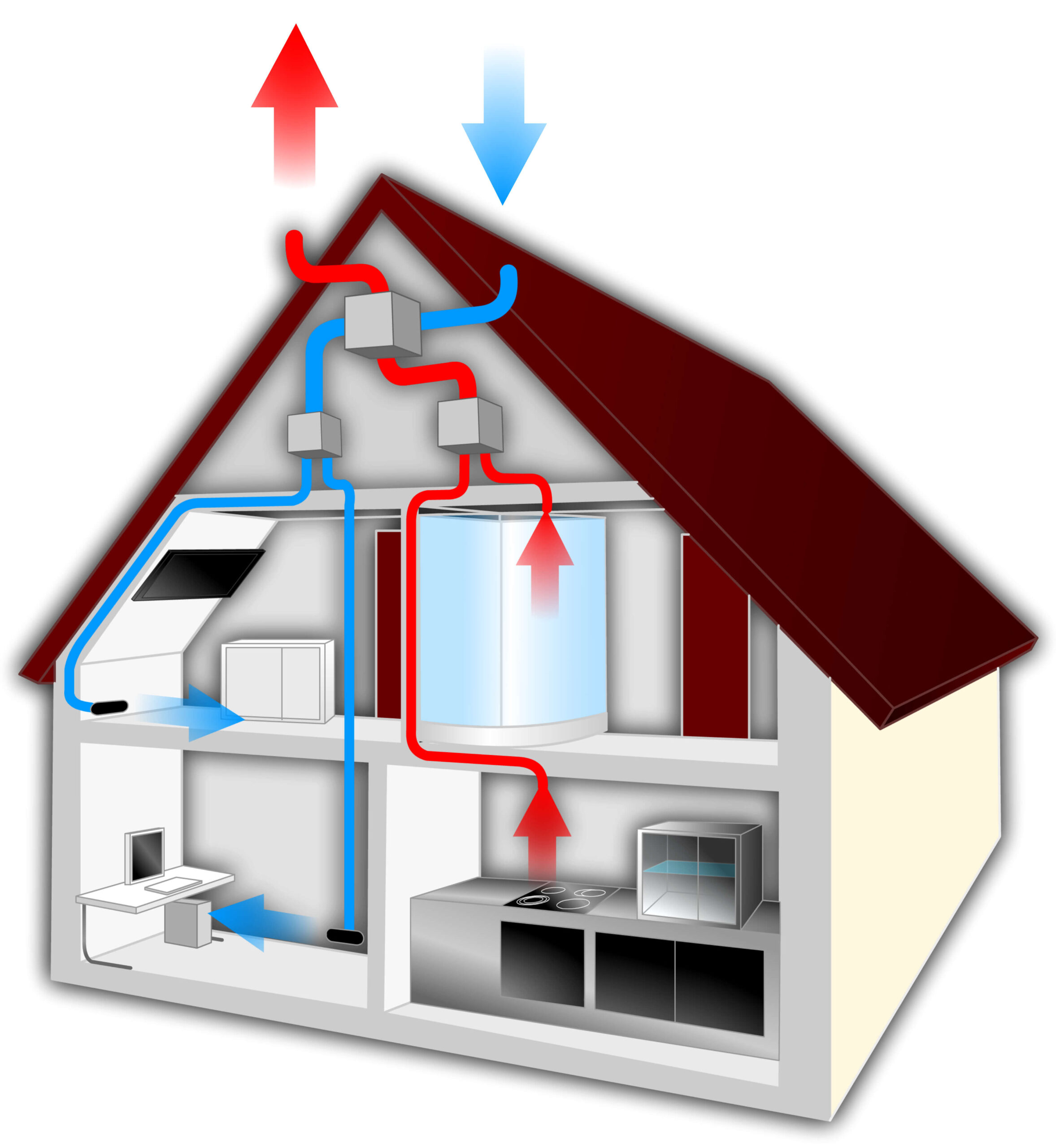
Better ventilation in homes: is MHVR the answer?
Better ventilation in homes could be considered one of the biggest factors in improving the wellbeing and comfort of the occupants, at least after heating to comfortable levels year-round has been taken care of. Is a mechanical ventilation and heat recovery (MVHR) system the ideal solution?

Hybrid heating systems offer the best of both worlds
Hybrid heating systems are a fairly logical step to reducing reliance on fossil fuels and carbon emissions, even though until now electrification has rather been assumed to be the way in which tighter Part L requirements will be met in future.

What do the GLA Energy Assessment Guidance updates mean for the future of M&E design?
In October 2018 the Greater London Authority (GLA) issued an updated version of its benchmark guidance document on strategic planning application energy assessments, outlining how to comply with the requirements of the London Plan Policy 5.2 (and of course it’s also a useful basis for preparing energy assessments for planning authorities anywhere in the country).

Alternative fuel heating for off-grid properties
Off-grid living has received plenty of press over recent years – but as well as being an eco-friendly lifestyle choice, it’s also a fact of British life, whether you have any aspiration to live in a more environmentally friendly manner or not.

Will the F-Gas Regulations result in more flammable refrigerants being specified?
The F-Gas Regulations might not initially seem all that relevant to many UK builds and refurbs. After the summer we’ve had – where the sunny days only seemed to last until some time in July – you’d be forgiven for thinking that air conditioning isn’t really a big concern for our temperate isle.

Energy efficiency in office-to-residential conversions
Office-to-residential conversions have seen a sharp rise in popularity thanks to a subdued office market, demand for housing, and an amendment to the General Permitted Development Order 1995 which enables change of use without Planning Permission.

BEIS issues new MEES guidelines for commercial landlords
Last April we brought you news of the Minimum Energy Efficiency Standards (MEES) regulations, and how they will affect landlords after April 2018 – it will be unlawful to let a property in England or Wales without an Energy Performance Certificate (EPC) of at least ‘E’, whether the lease is a new one or a renewal. These regulations will also apply to all existing commercial tenancies from April 2023, and all domestic tenancies from 2020.

Just how significant is cavity party wall heat loss?
A new research project on cavity party wall heat loss is being undertaken by the Leeds Sustainability Institute at Leeds Beckett University – in collaboration with Cambridge Architectural Research Ltd – commissioned by the Department of Business, Energy and Industrial Strategy.
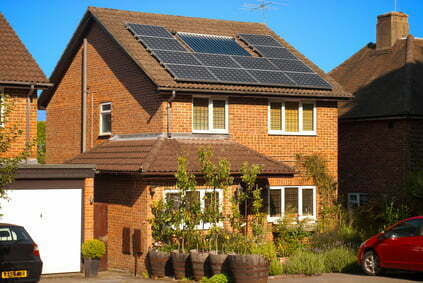
Changing attitudes to energy efficiency
Energy efficiency measures haven’t always been on people’s home improvement ‘to do’ lists. Even just a few years ago, you could mention the idea of solar panels (whether photovoltaic or thermal) and the majority of people would give you a blank look, or maybe even tell you that they considered such things only for ‘alternative’ types who grew their own veg and knitted their own socks.

The benefits of M&E specialist consultancy
Even just a few years ago, an M&E specialist consultant was a fairly unusual addition to a smaller-scale project team – with responsibility for the design of HVAC and other building services systems often falling to the sub-contractor tasked with the installation.

Improve energy efficiency (and cut costs) with an EPC improvement report
Who doesn’t want to cut the costs associated with running their commercial building? By opting to improve energy efficiency it’s possible to reduce energy bills, sometimes quite significantly, so that the measures pay for themselves – often over a relatively short payback period.

How to ensure a sustainable self-build home
We’ve been involved in a number of sustainable self-build projects, so we’re well acquainted with both the pressures and the joys involved. We also know that many self-builders are creating their forever homes, and because of that they’re more likely to pay close attention to sustainability and of course liveability – that’s where we come in.
